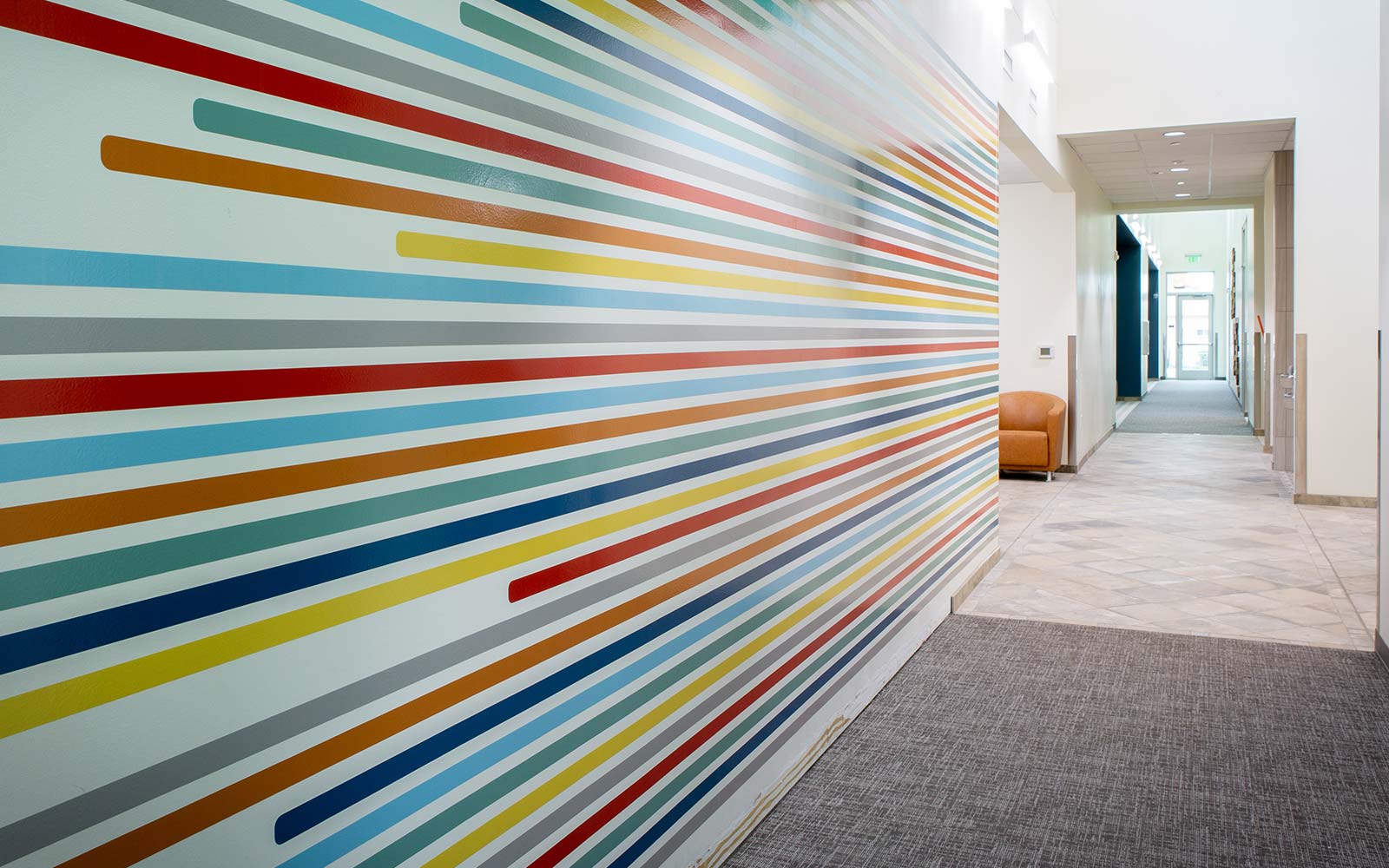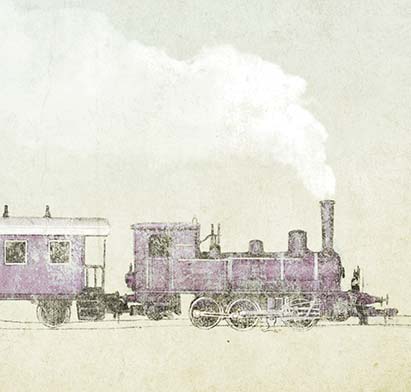Championing Sustainability
WSU continues to take great, Great, GREAT strides toward its goal of becoming carbon neutral and is expected to achieve a zero carbon footprint by 2040, 10 years earlier than its original target date.
The 2018–19 sustainability highlights included opening Lindquist Hall, which is on track to become Weber State’s first carbon-neutral building (meaning it doesn’t require fossil fuels to run), hosting the Intermountain Sustainability Summit and participating in the State of Utah Mower Exchange.
Lindquist Hall was designed and built with the goal of earning a LEED Gold rating for energy efficiency. A massive geothermal field, consisting of 150 wells drilled 425 feet deep into the northwest part of campus, supplements the building’s heating and cooling. In addition, preparations were made for the university’s first solar-covered parking array in lot W10, also located northwest of Lindquist Hall. The array will be constructed in May 2020. It will feed directly into Lindquist Hall and the campus electrical grid.
The Intermountain Sustainability Summit, Utah’s largest multitopic sustainability conference, provided nearly 400 professionals and emerging leaders from businesses, nonprofits, and government and education entities the opportunity to learn, share and network. Nearly 25% of participants were college students, many of whom participated in the student poster challenge. Students also explored sustainability-focused career paths and connected with potential employers.
WSU’s sustainability offices, in partnership with the Weber-Morgan and Davis County health departments, Utah Department of Environmental Quality and the Utah Clean Air Partnership, hosted a “Cut Pollution—Mow Electric” program to promote cleaner air and healthier lives. Residents of Weber, Davis, Salt Lake, Tooele and Utah counties who entered and were selected from a random lottery were eligible for a $99 electric lawn mower or $49 trimmer when they traded in an old, gas-powered tool.






